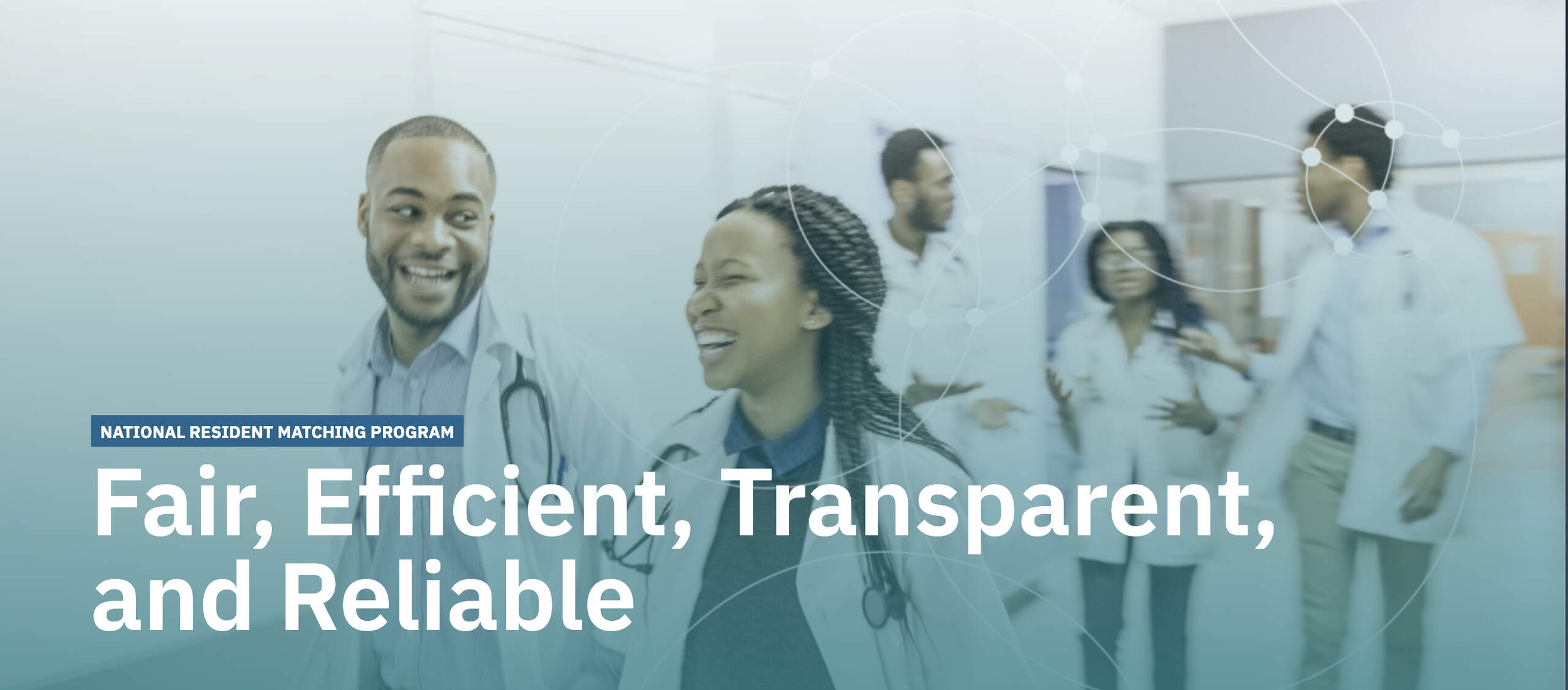- Joined
- Aug 9, 2012
- Messages
- 2,828
- Reaction score
- 5,347
If you are facing down 500k in student loans the answer is abundantly clear that PSLF is the way to go and the eventual income you make has little to no impact on paying off the loans. Yes, you need to commit to 6 (or 5 with a fellowship) years of a qualifying job but that's extremely doable in psychiatry. If you are left with making 300k in psych vs 400k in something else the actual change to your happiness from the delta on income is almost certainly going to be less than the change due to you being in a field you care less about. If you happen to be the 1:1000 people that can match anesthesia and would be equally happy in either field, that sure, do gas, but for everyone else student loan burden should not be the driving the factor given how robust PSLF has become.I think psychiatry became more popular for a period of time, probably related to increased reimbursement with e/m coding and therapy add ons, and perceived improved acceptance by society and reduced stigma. But stigma still permeates everything I do at the hospital, even among doctors and physician administrators, who should know better or have better perspective on what psychiatry does. But in all fairness, they had 4 weeks of psych rotation in 3rd med school, so they really don't know what psychiatry is all about. And improved reimbursement is great, but inflation is running wild with no sign of reimbursement catching up. Getting a psych job at 280K sounds fine to pay off 200K in loans 5-10 years ago. But maybe the dream of psych as a lower paying ROAD specialty are going out the window with people eyeing the 400K plus starting salaries of anesthesia as they're facing down 500K in student loans.
Otherwise if the idea of making 300-350k (which is the range for most psychiatrists I personally know) is not good enough for you, I would argue you made a big mistake going into medicine generally and/or need a significant re-evaluation of the role of money in your life and what you hope to accomplish making significantly more than that.

